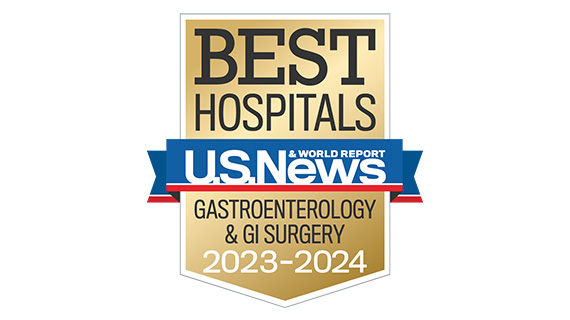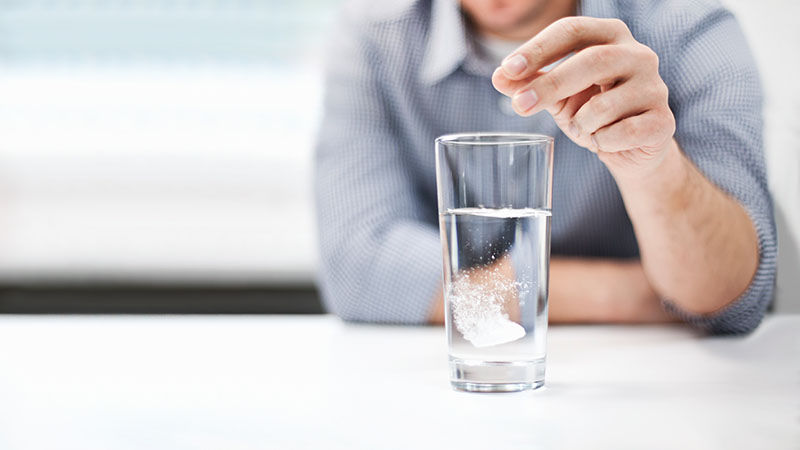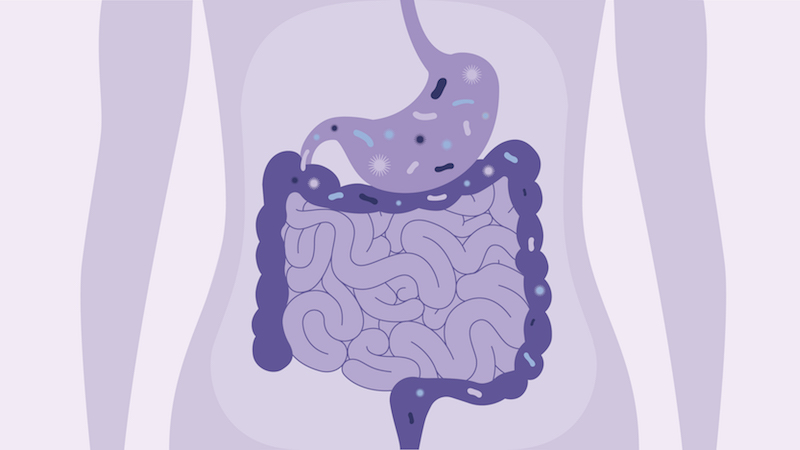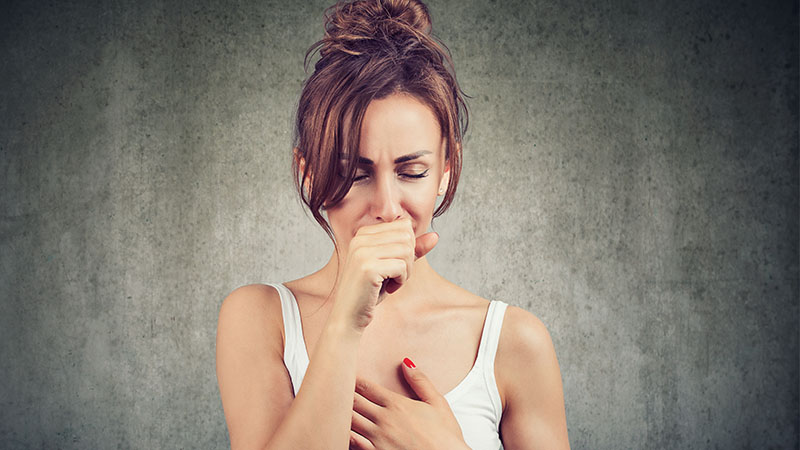Causes and Diagnoses
Causes and Diagnoses of Gastroesophageal Reflux Disease (GERD)
The exact cause of GERD is unknown. If you have GERD, your lower esophageal sphincter tends to relax while the rest of your esophagus is working. GERD is more likely to develop in people who have a hiatal hernia. This is when the upper part of the stomach moves into the lower esophagus.
Risk factors for GERD
There are certain factors that increase your risk of developing GERD, including:
- Obesity
- Pregnancy
- Smoking
Diet and GERD
Some foods may make your reflux symptoms worse, including:
- Citrus fruits
- Chocolate
- Caffeinated drinks
- Alcoholic beverages
- Fatty and/or fried foods
- Garlic and/or onions
- Mint
- Spicy foods
- Tomato-based foods such as chili, spaghetti sauce, pizza and salsa
Diagnosing GERD
If your symptoms do not resolve from changes in your lifestyle and medications, you may need additional tests. This will help determine if another condition is causing your symptoms. These tests include:
- Esophagram/barium swallow: You will swallow thin barium, a contrast material that coats your esophagus and shows up well on X-rays. A series of X-rays are taken at 1, 2 and 5 minutes to determine if the barium is being retained.
- Upper endoscopy: Your physician will lightly sedate you and may numb your throat before sliding an endoscope (a thin, flexible plastic tube with a light and a lens at the end of it) down your throat. This tiny camera lets your physician see the surface of your esophagus to confirm GERD. If necessary, your physician may perform a biopsy (obtain small tissue samples) by using forceps (tiny tweezers) passed through the endoscope. A pathologist will examine the sample to determine if the tissue cells are abnormal.
- pH monitoring examination: A nasogastric tube is passed through your nose into your lower esophagus for 24 to 48 hours. This will monitor how and when acid enters your esophagus. The results of this test along with a food diary (a log with the amounts and types of food eaten at specific times) will allow your physician to find a correlation between your symptoms and reflux. This test may also be used to determine if you have respiratory symptoms caused by reflux.




